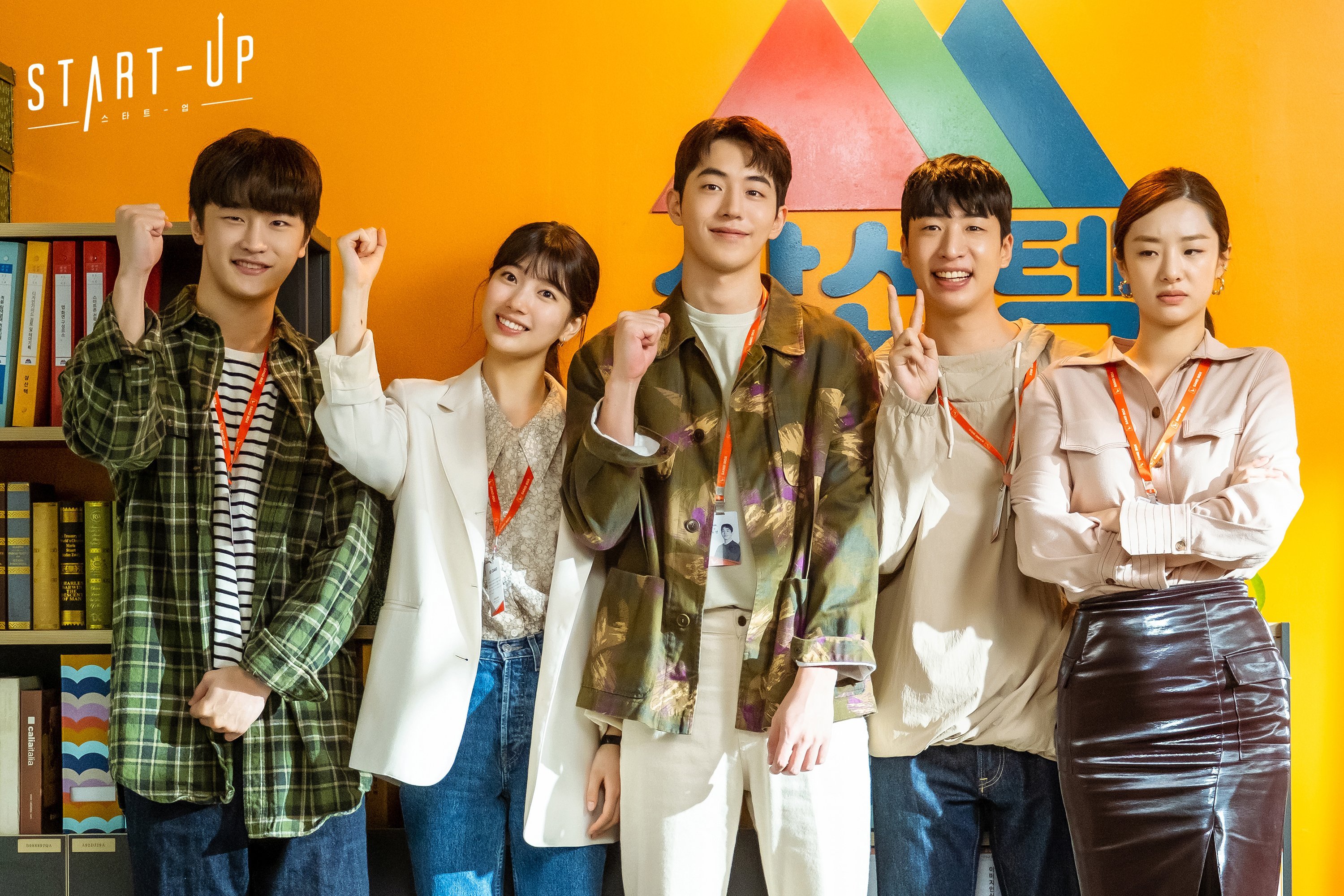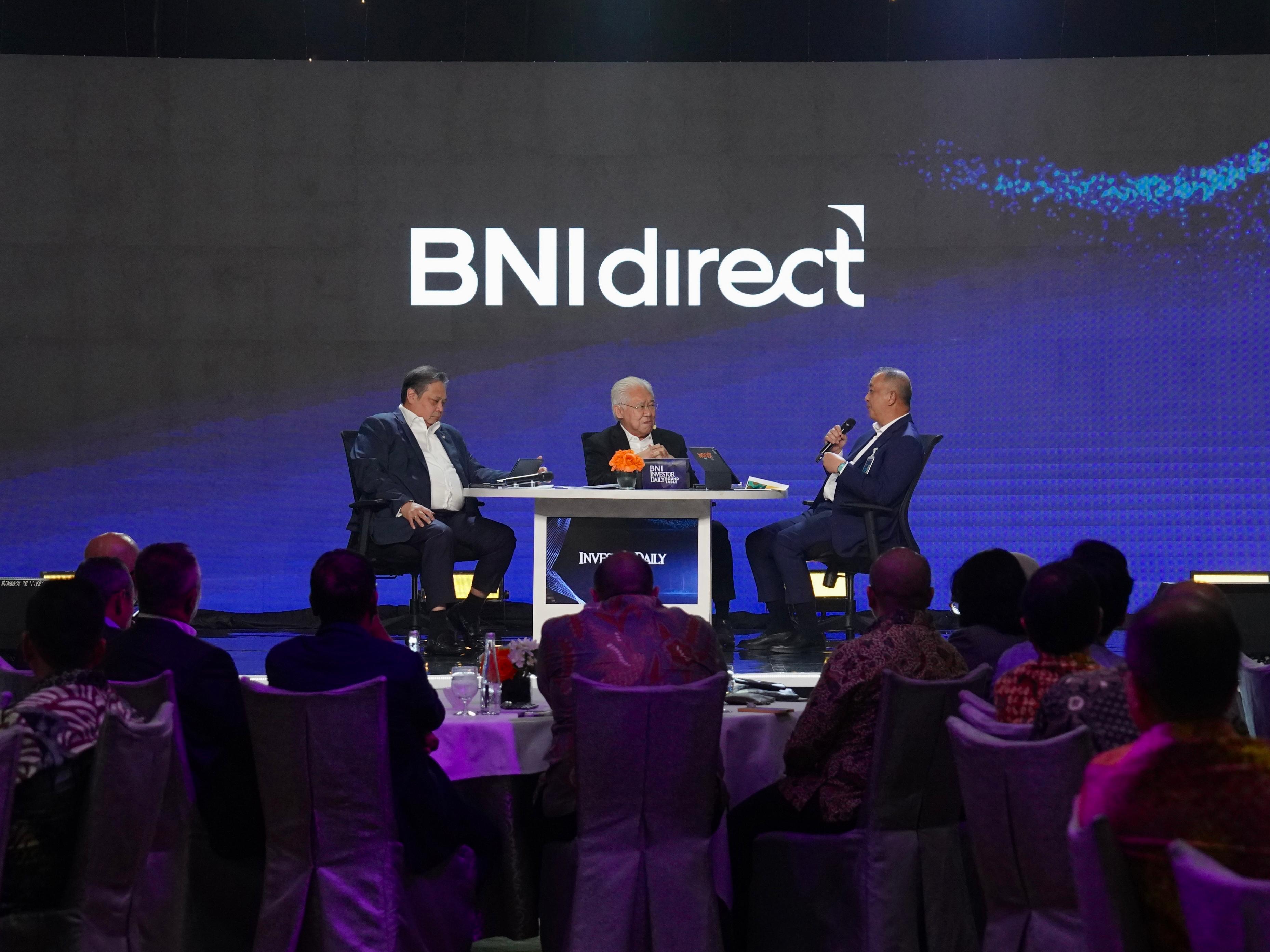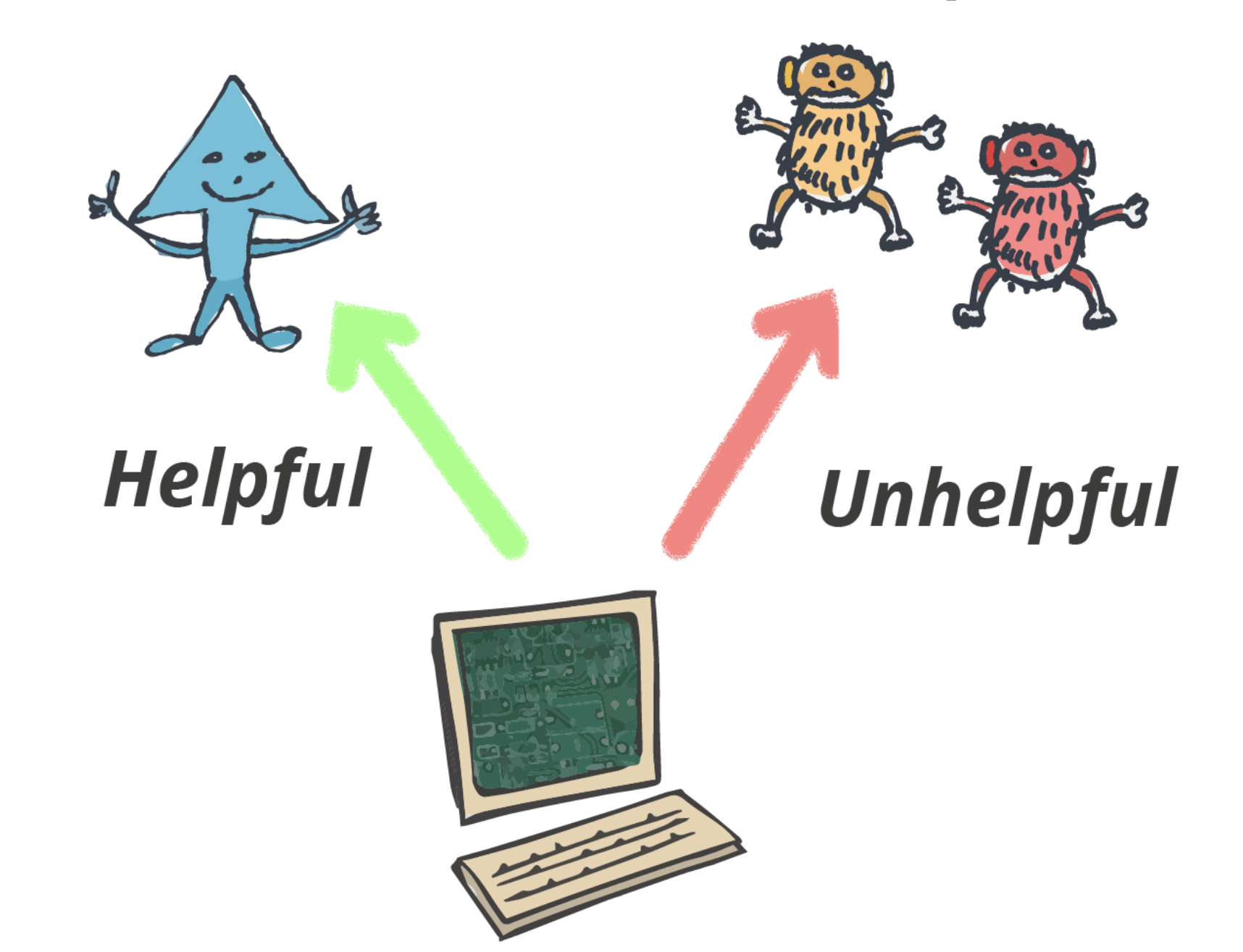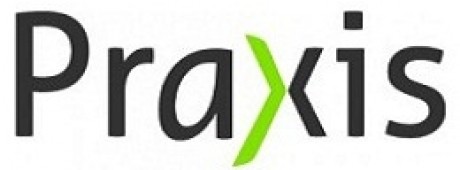Sumber: TVN
October last year, the Korean drama lovers were being swooned by Netflix once again with the release of, ‘Start-Up’. Airing every weekend at 9 PM Jakarta time, the story centers around Seo Dalmi (Bae Suzy) who dreams of building a start-up company. Together with the founder of Samsan Tech (Nam Do San) and the investor from SH Venture Capital Han Ji Pyeong (Kim Seonho), Dalmi manages to become a CEO of one.
Working as PR practitioners, we often have clients from start-ups, which approach might be a little different than our corporate clients. You might be aware of the stereotypes surrounding startups and corporations—startups are young, innovative, and collaborative, while corporations are slow-moving, formal, and hierarchical. In order to provide better solutions for our startup clients, we need to know their culture, from their terms and their working pace. Thus, here are 5 interesting startup cultures that you could get from the K-Drama, ‘Start-Up’!
- Get to know startup terms
What’s interesting from the drama is that the title of each episode is a term in a startup. Here are a few of them that you might find useful:
- Angel Investors: A high-net-worth individual who provides financial backing for startups, typically in exchange for ownership equity in the company. They are usually found among owners’ family and friends.
- Regulatory Sandbox: A framework set up by a regulator that allows FinTech startups and other innovators to conduct live experiments under a regulator’s supervision before officially launched.
- Keyman: A person doing work of vital importance. In the drama ‘Start-Up’, they need to choose one person to determine the distribution of shares. That one person would have 60% of the shares, so when the company is not in a good state, he could take control using his major shares.
- Burn Rate: It is used by startups to track the amount of monthly cash that a company spends before generating income or as a measuring stick of its runaway.
- Acqhire: It’s an abbreviation of ‘acquire’ and ‘hire’, in other words, it’s talent acquisition. It is the action or process of one company acquiring another smaller company with no intention of using its product, services, or technology. Instead, they absorb them for the value of their human capital.
- Fast-paced working environment
When working in a startup, nothing is the same every week and it’s very dynamic. They have limited runway — the time until they run out of resources — and they have to be quick to figure out a good business model. Thus, the environment is very fast-paced in a startup.
- ‘Get-it-done’ way of working
Compared to corporates, startups have small teams and everybody is learning a bit of everything. Nothing is concrete for a job title. Even if you are entitled as a Content Writer, you have to do copywriting, UI/UX writing, and sometimes handling social media, too!
- Less hierarchy compare to corporates
Unlike corporates, an entry-level employee could exchange ideas easily with the C-levels. Usually, startups have this cozy family feeling to their office, especially small startups. The design for the office is also very open. Hence, that is why the C-levels could communicate so easily with other employees, even those who are entry-level.
- Flexibility to advance quickly
At a startup, it’s normal for someone to start merely as an intern role and quickly ascend to a senior-level one in the span of 1-2 years. With the flexibility of working in a startup environment comes the opportunity to advance quickly.
These five startup cultures could be seen in the Korean drama ‘Start-Up’, hence explaining why everyone is so hooked to the drama. While enjoying the plot of the story, viewers could also learn at the same time about what a startup is and the culture of it as well as apply it in our daily life! It is now easier for us, PR practitioners, to understand and treat them differently from our corporate clients.
So, tell me have you watched the drama? If yes, tell me one Start-Up culture you think is interesting!
Source:
- Angel Investors: Investopedia.com
- Regulatory Sandbox: CGAP
- Keyman: IDNTimes
- Burn Rate: Investopedia.com
- Acqhire: Startupinstitute.com













What a fun and great article!! I like how you choose this topic, to give us information about startup cultures, but from K-drama perspectives. It brings back my memories while watching the drama. Thank youu :)